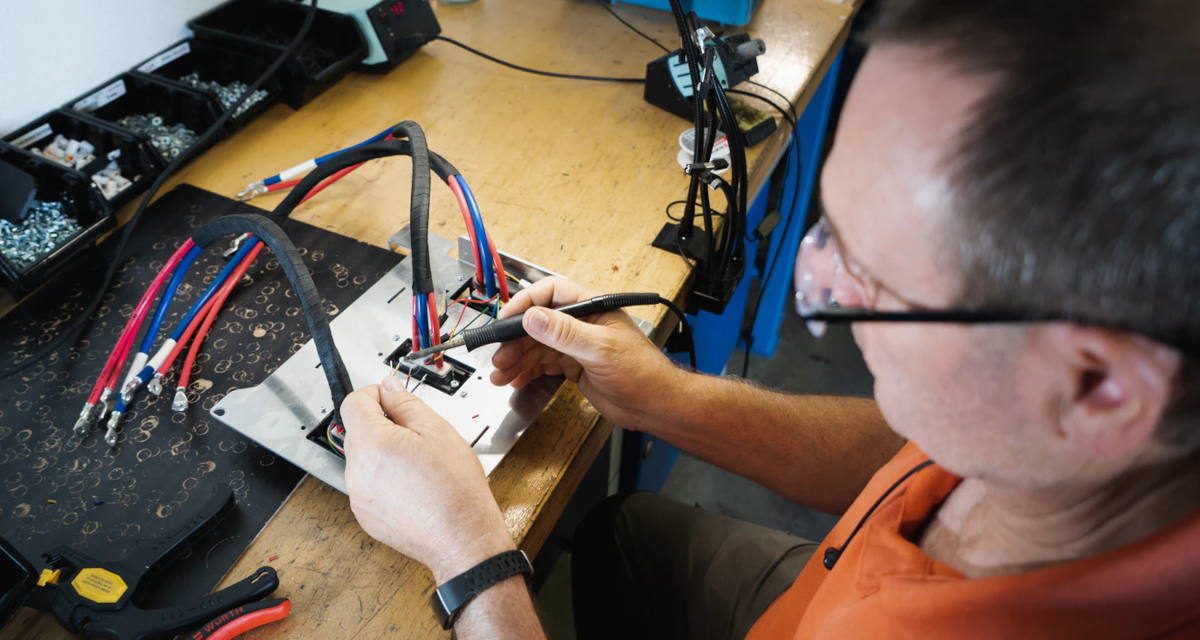THE RIGHT TO REPAIR LAW
From Monday, March 1, 2021 companies are required to ensure that their electronic goods can be repaired for up to 10 years. As it is unofficially known “the right to repair” law is meant to help us reduce electronic waste and thereby contribute to the fight against climate change. It encompasses TVs, refrigerators, hairdryers, and washers within the European Union as reported by EuroNews.
This is a positive move towards a green economy which was enabled as a result of pressure by environmental groups and initiatives. Obviously, EU citizens are becoming increasingly aware of the environment and have begun to increase their influence on policymakers in almost every country within the 27 nation bloc.
COMPUTERS AND SMARTPHONES ARE NEXT
The critiques remain because the current law does not encompass electronic goods such as computers and smartphones which by some estimates make the most significant portion of the waste. So the reasons for celebration within the repair law domain deserves to be only partial until the EU Parliament enforces all the necessary laws.
The good news however is that some countries within EU are way ahead of this policy. France, for example already has “repairability scores” in place for electronic goods including smartphones. These scores indicate how easy it is to repair a specific device. This law requires manufactures to have these scores in place before the end of 2021 or face legal penalties. Good going France!
Whether you are environmentalist or not (you should be however you put it theses days because we all share the same planet), we all have reasons to celebrate this positive move towards achieving the green economy. The example of the right to repair law is witnessing that our voices are heard, that eco activism pays off and that governments are increasingly adapting to fight the climate change. Whatever you are doing keep doing more of the same and increase your green political and activist pressure on the governments and the society as a whole. It can be done!











